Tips from the National Athletic Trainers’ Association and the Korey Stringer Instituteon ways to guard against heat-related illness:
1. Gradually increase activity in terms of intensity and duration in the heat. This prepares your body for more intense, longer duration exercise in warm conditions and is known as heat acclimatization.
2. Intersperse periods of rest during activity and assure adequate rest between exercise bouts to lower body temperature and allow ample time to hydrate. Rest breaks are an important defense against heat illness; proper sleeping habits decrease your risk as well.
3. Begin outdoor activities only after you’re properly hydrated. Drink water or sports drinks throughout physical activity in the heat. If you feel thirsty, drink. Make sure fluid is easily accessible in ample quantities during rest breaks and during exercise when possible. Coaches should always allow free access to fluids.
4. A darker urine color is a quick indicator of dehydration. Your urine should look more like lemonade (hydrated) than apple juice (dehydrated).
5. Exercise during cooler portions of the day (early morning or late evening), if possible, but stay vigilant because heat-related illnesses can occur then as well.
6. Do not participate in intense exercise if you show signs of an existing illness (i.e. fever, diarrhea, extreme fatigue, etc.). These can decrease your body’s exercise heat tolerance and increase your risk of a heat illness. If you are suddenly not feeling well during exercise in the heat, back off on exercise intensity or duration (walk instead of run, for instance, or cut the session short).
7. Athletic events and practices should have an athletic trainer on hand to assure proper medical supervision as well as recognition and treatment of possible injuries and heat illnesses. When risk of exertional heat stroke is high, such as during August football practices, it is wise to have an immersion tub filled with ice and water at the ready to cool potential heat stroke victims.
8. Acclimatize to warm weather activities over a 14-day period. During the first five days, athletes should not participate in more than one practice per day. During the first two days, in sports requiring helmets or shoulder pads, a helmet should be the only protective equipment permitted; during days three through five, only helmets and shoulder pads; beginning on day six, all protective equipment may be worn and full contact may begin. Beginning no earlier than the sixth day and continuing through the 14th, double-practice days must be followed by a single-practice day. On single-practice days, one walk-through is permitted, but it must be separated from the practice by at least three hours of continuous rest. When a double-practice day is followed by a rest day, another double-practice day is permitted after the rest day. Neither practice on a double-practice day should exceed three hours; the total should not exceed five hours, including warm-up, stretching, cool-down, walkthrough, conditioning and weight-room activities. Double practices should be separated by at least three continuous hours in a cool environment.
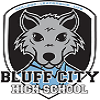




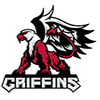

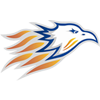


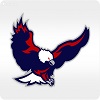


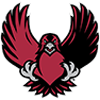

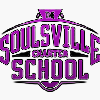



 Processing your request, Please wait....
Processing your request, Please wait....

